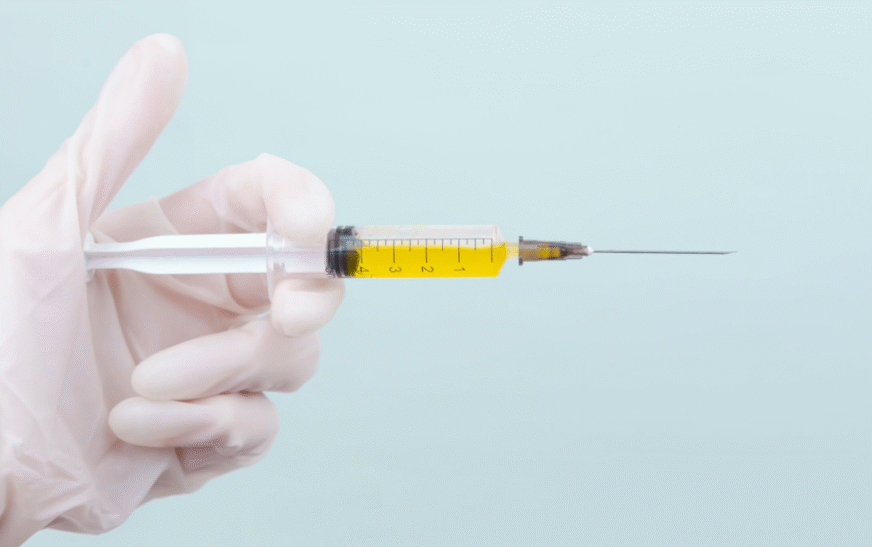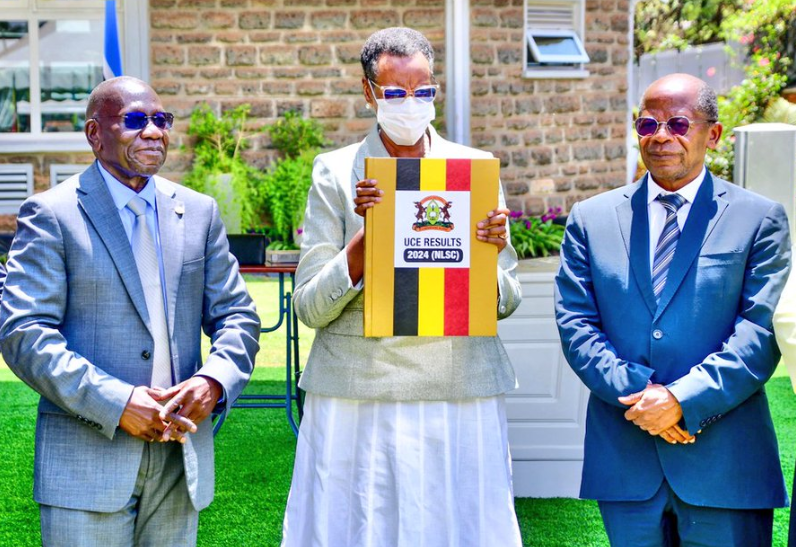England is set to become the first country in the world to introduce a vaccination programme against gonorrhoea, amid record-high infection rates.
The vaccine will not be offered to the general population. Instead, it will be targeted primarily at gay and bisexual men with a history of multiple sexual partners or previous sexually transmitted infections (STIs).
Although the vaccine is only 30–40% effective, NHS England hopes it will help curb the soaring number of cases. In 2023, more than 85,000 cases of gonorrhoea were recorded— the highest since records began in 1918.
Gonorrhoea often presents no symptoms, but it can cause pain, unusual discharge, genital inflammation, and infertility.
Projections from Imperial College London suggest that, if uptake is high, the vaccine could prevent 100,000 cases and save the NHS nearly £8 million over the next decade.
Interestingly, the vaccine was not originally developed to target gonorrhoea. It is the meningitis B (MenB) vaccine currently given to babies. However, the bacteria responsible for meningitis B and gonorrhoea are closely related, and studies have shown the MenB vaccine can reduce gonorrhoea cases by about a third.
Healthcare professionals will need to communicate clearly with patients, as the vaccine does not eliminate the risk of infection. Gonorrhoea is typically transmitted through unprotected sex.
Professor Andrew Pollard, chair of the Joint Committee on Vaccination and Immunisation (JCVI), which recommended the rollout, said that despite the limited efficacy, the vaccine is “worth having” and could have “a huge impact.”
The urgency behind the decision extends beyond rising case numbers. Gonorrhoea is becoming increasingly resistant to antibiotics. Although most cases are still treatable with a single dose of antibiotics, the bacterium has a long history of evolving resistance—raising fears it could eventually become untreatable. Preventing infection in the first place is the most effective defense against drug-resistant strains.
Dr. Amanda Doyle from NHS England called the move a “huge step forward for sexual health,” adding that it will help protect individuals and curb the spread of antibiotic-resistant infections.
In the UK, the groups most affected by gonorrhoea include people aged 16 to 25, gay and bisexual men, and those of Black or Caribbean heritage.
At around £8 per dose, the vaccine is considered cost-effective when targeted to high-risk groups rather than rolled out to all teenagers.
Clinicians will retain discretion to offer the vaccine to others using sexual health services whom they assess to be at similarly high risk.
Patients will also be offered other vaccines—including mpox (formerly monkeypox), HPV, and hepatitis—at the same time.
Professor Matt Phillips, president of the British Association for Sexual Health and HIV, hailed the decision as “excellent news” and a “landmark moment for sexual health in England.”
It remains unclear how long protection from the vaccine will last or whether booster doses will be needed. The rollout follows a recommendation from the JCVI made nearly 18 months ago.
While some sexual health advocates had criticised the delay, the decision has been widely welcomed. Katie Clark, head of policy and advocacy at the Terrence Higgins Trust, called it a “huge win.”





















